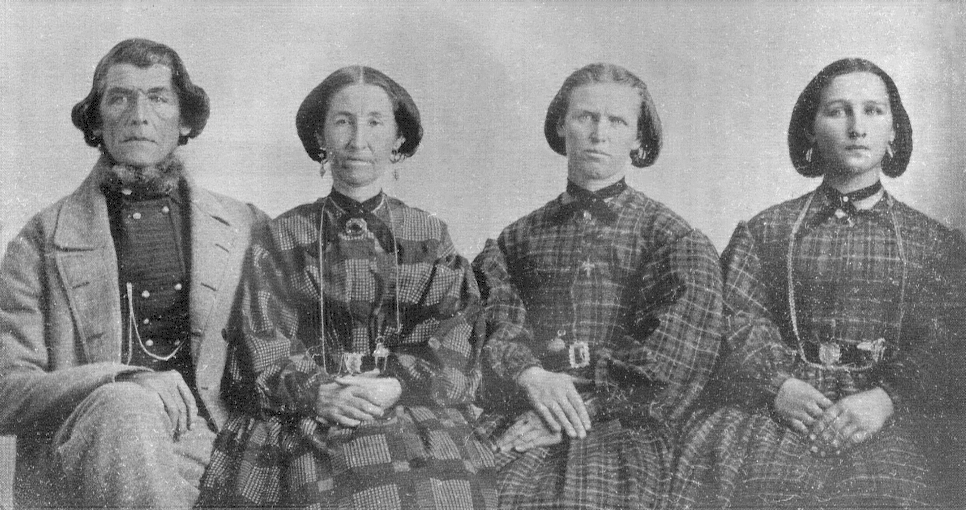John Cook Bennett and "Spiritual Wifery"

Bennett is a fascinating figure. He arrived in Nauvoo in September of 1840 only a few months after Herman Melville passed by and he quickly assumed a powerful position in the young community. He also became an even more industrious practitioner of what he called "spiritual wifery" than Smith, and it is said that he doubled as Smith’s abortionist, but who knows? After scandal erupted the following year, matters deteriorated steadily until the dramatic events of May-July of 1842 when Bennett was excommunicated and his exposes started appearing in the press. There is a book about him called The Saintly Scoundrel.
"Spiritual wifery" was the in-vogue term at the time although it wasn't new. It can be thought of as synonymous with polygamy or "plural marriage" or Joseph Smith's distinctive contribution to the debate, "celestial marriage." This last was more appealing because it stated that while civil marriages terminated on the death of a spouse, a celestial marriage would be for eternity if the couple was "sealed" properly in a temple. Of course there were many highly charged debates in 1840s Nauvoo about what each term represented and its underpinning in scripture. Much of it was shrouded in secrecy since polygamy was illegal in Illinois.

After his excommunication, Bennett went on with his career, dying in 1867 a respected man in Polk City, Iowa, where he is buried. He had served in the Union Army and he was known for practicing medicine, founding colleges, promoting the health benefits of tomatoes, creating several new breeds of chicken and criticizing slavery.
The LDS Church in recent years has come to terms with spiritual wifery. You can read their current position on "plural marriage" here.
Latter-day Saints understood that they were living in the latter days, in what the revelations called the “dispensation of the fulness of times.” Ancient principles—such as prophets, priesthood, and temples—would be restored to the earth. Plural marriage was one of those ancient principles.
